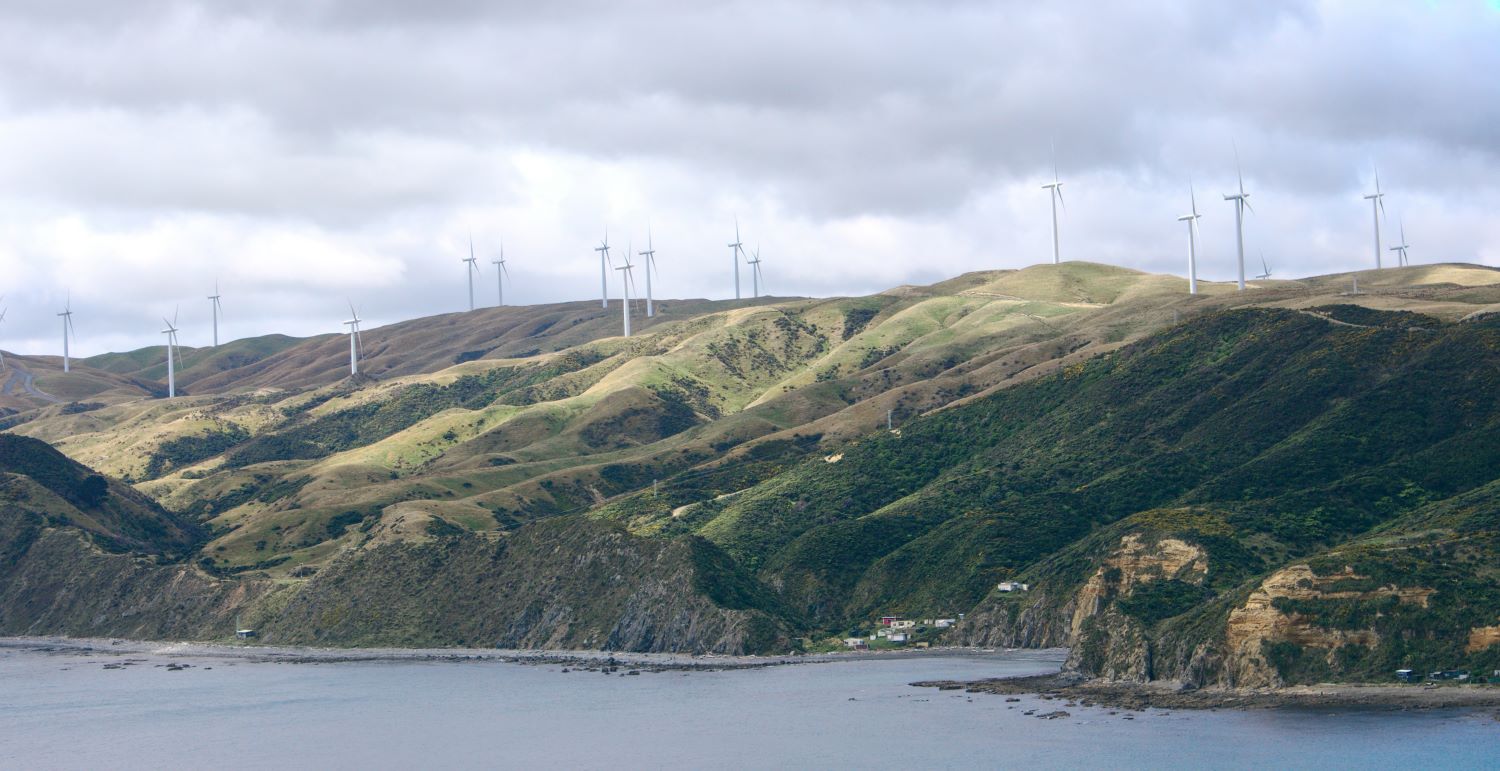Solar Development – documenting land rights
The market for solar farms is continuing to grow in New Zealand with an increasing number of landowners being approached by solar developers. It is interesting to see the various approaches being taken by solar developers when it comes to documenting land rights with landowners (i.e. option agreement, lease and/or easement).
The process for documenting a solar development stems from a Letter of Intent / Heads of Terms, to more formal binding agreements such as an Investigation License, Option to Lease and ends with a Lease or Easement.
We have provided a brief summary for each document as follows:
Letter of Intent (“LOI”) / Heads of Terms (“HOT”)
This document sets out the key commercial terms that will form the basis of the Investigation Licence/ Option to Lease and the Lease or Easement.
Generally the only binding terms of this document are terms regarding exclusivity and confidentiality. This means that the landowner cannot disclose the proposed commercial terms of the project to a third party (except for your professional advisors). The Landowner will also be prohibited to deal with any other solar developer named on the LOI / HOT for the term of the exclusivity.
Investigation Licence / Option to Lease
The Investigation Licence (also referred to as an Option to Lease) grants the developer a timeframe to investigate the land, carry out their due diligence, secure finance to fund the solar project, obtain resource consent and any other required consents and obtain Overseas Investment Office approval (if applicable).
Typically the Investigation Licence is granted for 3 - 4 years and the developer will pay the landowner an upfront compensation payment (in the form of a licence fee, signing bonus or other) for the right to tie up the landowners land for this period of time.
The Investigation Licence will annex the form of lease which the parties will be bound by should the developer exercise an Option Notice.
If the developer exercises their right to lease the land the developer will issue an ‘Option Notice’. The parties will then enter into a Lease to govern the relationship from the Lease commencement date onwards, with the developer being the tenant and the landowner being the landlord.
Careful consideration needs to be taken by landowners to ensure not only legal aspects are covered but also just as important, the practical factors (ie. crop / stock compensation, access to land during calving etc).
Lease
The terms for the Lease are substantially, if not completely, agreed to at the time that the Investigation Licence is entered into by the parties.
The Lease will not only set out the rights and obligations of the parties relating to the land which the developer exercises its Option Notice over but it should also address the rights and obligations of the parties over the balance of the landowner’s land not subject to the Lease. These rights include whether any easements for electricity and access are required to be granted over the balance of the land for the operation of the solar development.
The Lease will also likely include a clause for requiring the landowner to enter into a Tripartite Agreement (discussed further below), a CPI rent review mechanism, whether any grazing licences are to be granted over the leased area, decommission of the project, assignment and many more important provisions.
Any reinstatement obligations that the developer (as tenant) is required to comply with once the Lease has ended should also be addressed within the Lease.
Contrary to the above, we have seen some solar developers in New Zealand document the rights and obligations of the parties within an easement. These interests are exempt under the Overseas Investment Act 2005 if they meet the Overseas Investment Office’s (“OIO”) criteria of an easement arrangement. However the OIO has indicated that easements are not an appropriate arrangement to be used for solar farms.
Tripartite Agreement
One notable feature that we are increasingly seeing in solar farm leases (and sometimes even in the Investigation Licences) is the requirement for the landowner to enter into a Tripartite Agreement, also known as a Direct Agreement. These agreements involve three parties in the context of a solar farm lease, being the landowner, the developer and the developer\'s financier.
The purpose of a Tripartite Agreement is to regulate the three parties in respect of the solar farm lease and record certain arrangements between them, including but not limited to the process in the event of a default under the Lease. Generally a Tripartite Agreement is a developer financier driven agreement which grants the developer\'s financier the right to step into the shoes of the developer (as tenant) and become a party to the Lease in place of the developer (as tenant). Usually this would only be in a situation when the tenant is in financial trouble or has failed to remedy a breach. The developer’s financier thereby assumes some or all of the rights and obligations under the Lease as if it were the developer. This provides security to both the landlord and the financier to the extent that in the event of a developer (as tenant) default (i.e. does not pay rent), the financier has the right to step in and remedy the breach (i.e. pay the rent) to ensure the landlord does not terminate the Lease resulting in the financier losing its significant investment in the solar development. However, the Tripartite Agreement also includes additional onerous provisions which often supersede existing Lease terms which a landlord needs to be aware of. For example the Tripartite Agreement may extend the period of time which a tenant has to remedy any breach (cure period) or prohibit the landlord from being able to terminate the Lease or suspend the performance of any of the landowner’s obligations (as landlord) unless the notice periods and obligations under the Tripartite Agreement are first complied with.
If you would like to discuss any solar matters or have been approached by a solar developer please contact our Renewable Energy team.



